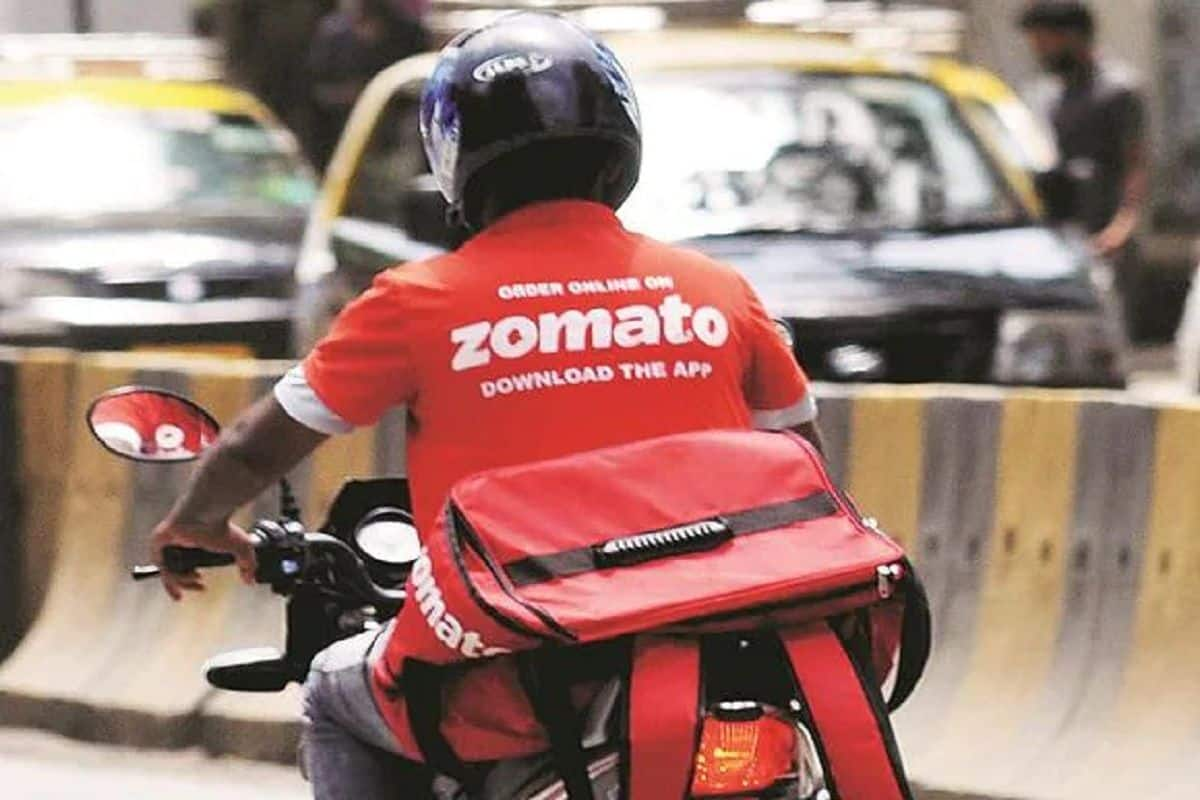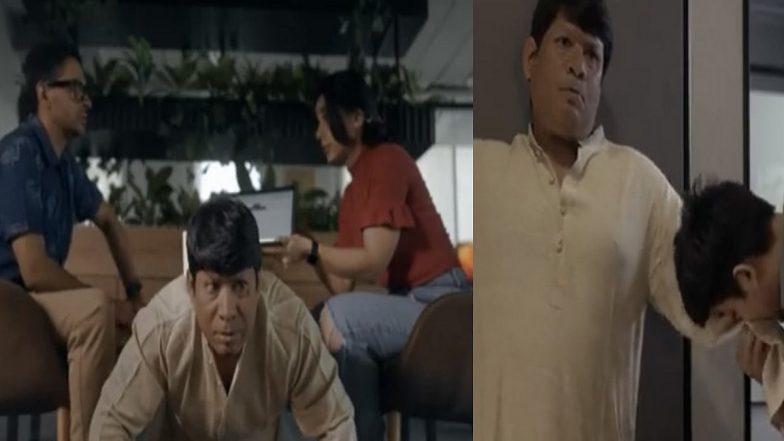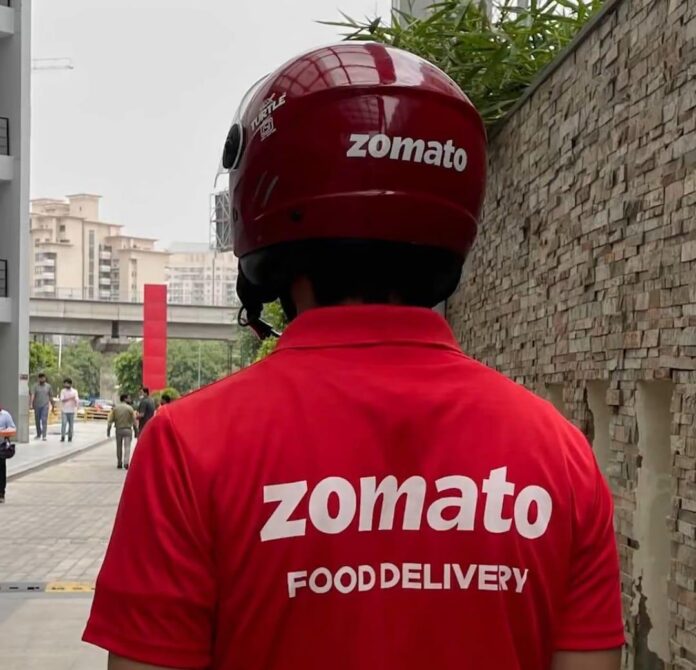The National Commission for Scheduled Castes (NCSC) has taken swift action against food delivery service provider Zomato over a controversial advertisement that sparked accusations of casteism. The ad featured actor Aditya Lakhia, known for his role as the Dalit character Kachra in the film “Lagaan,” portraying various items made from recycled waste. Following widespread criticism and backlash on social media, Zomato promptly deleted the advertisement.

NCSC Takes Action Against Zomato’s Controversial ‘Kachra’ Advertisement
The NCSC, under the leadership of Chairman Vijay Sampla, has issued a notice to Zomato, as well as to the Delhi Police, requesting an immediate action taken report. The commission became aware of the advertisement through media reports and social media discussions. The advertisement in question was aired on YouTube on World Environment Day, June 5. It depicted Aditya Lakhia as a lamp, paper, paperweight, watering can, and different types of jackets, highlighting the amount of recycled “kachra” (waste) used to make each item. Zomato also claimed in the now-deleted ad that they have recycled 20 million kilograms of plastic waste to date.
Chairman Vijay Sampla has cautioned the Delhi Police that if the action taken report is not submitted within the specified timeframe, the commission may exercise its powers conferred under Article 338 of the Indian Constitution and issue a summons for personal appearance in Delhi.
In response to the mounting backlash, Zomato issued an apology on its official Twitter handle. The company clarified that the intention behind the advertisement was to raise awareness about the potential of plastic waste and the benefits of recycling, using humor as a medium. They expressed regret for inadvertently hurting the sentiments of certain communities and individuals and confirmed the removal of the video.

The controversy surrounding Zomato’s ‘Kachra’ advertisement has ignited a larger discussion about the portrayal of caste-related stereotypes in media and the need for sensitivity and inclusivity. Critics argue that the advertisement perpetuated casteist notions by associating a Dalit character with recycled waste items. The incident highlights the importance of responsible advertising and the potential impact it can have on social harmony.
The NCSC’s intervention and prompt action reflect its commitment to upholding the rights and dignity of scheduled castes in India. By addressing the concerns raised by the controversial advertisement, the commission seeks to ensure that such instances are not repeated and that all individuals and communities are treated with respect and equality.
Zomato’s experience serves as a reminder to companies and advertisers to exercise caution and sensitivity when developing promotional campaigns. The power of advertising should be harnessed responsibly to educate, inform, and entertain, while avoiding any form of discrimination or harm to marginalized communities.
Explosive ‘Kachra’ Advertisement: NCSC Sends Notice to Zomato

As the issue unfolds, it remains to be seen how Zomato will further address the concerns raised and take steps to prevent similar controversies in the future. The incident also underscores the significance of continuous dialogue and awareness to foster an inclusive and equitable society.
The controversy surrounding Zomato’s ‘Kachra’ advertisement has sparked discussions on social media and drawn the attention of various stakeholders, including activists, politicians, and civil society organizations. Many individuals and groups have voiced their concerns about the portrayal of caste-related stereotypes and the potential impact on marginalized communities.
Casteism, a deeply rooted social issue in India, has been a subject of ongoing debate and efforts to promote social equality and eradicate discrimination. The advertisement featuring Aditya Lakhia, who played the character of Kachra—a Dalit character—in the popular film “Lagaan,” has been criticized for reinforcing stereotypes and perpetuating caste-based biases. Critics argue that the association of a Dalit character with recycled waste items is insensitive and offensive, as it reinforces negative perceptions and marginalization.

In response to the growing outrage, the NCSC has taken a proactive stance by issuing a notice to Zomato and the Delhi Police, seeking an immediate action taken report. The commission’s intervention demonstrates its commitment to upholding the rights and dignity of scheduled castes and preventing any form of discrimination. Chairman Vijay Sampla has warned that failure to submit the action taken report within the specified timeframe may result in further legal action.
Zomato, in its official apology, acknowledged that the intent of the advertisement was to raise awareness about plastic waste and recycling. They expressed regret for unintentionally hurting the sentiments of certain communities and promptly removed the video. However, critics argue that a more comprehensive response is required to address the underlying issues and ensure such incidents are not repeated in the future. They emphasize the need for sensitivity and inclusivity in advertising and urge companies to engage in responsible practices that promote social harmony.

